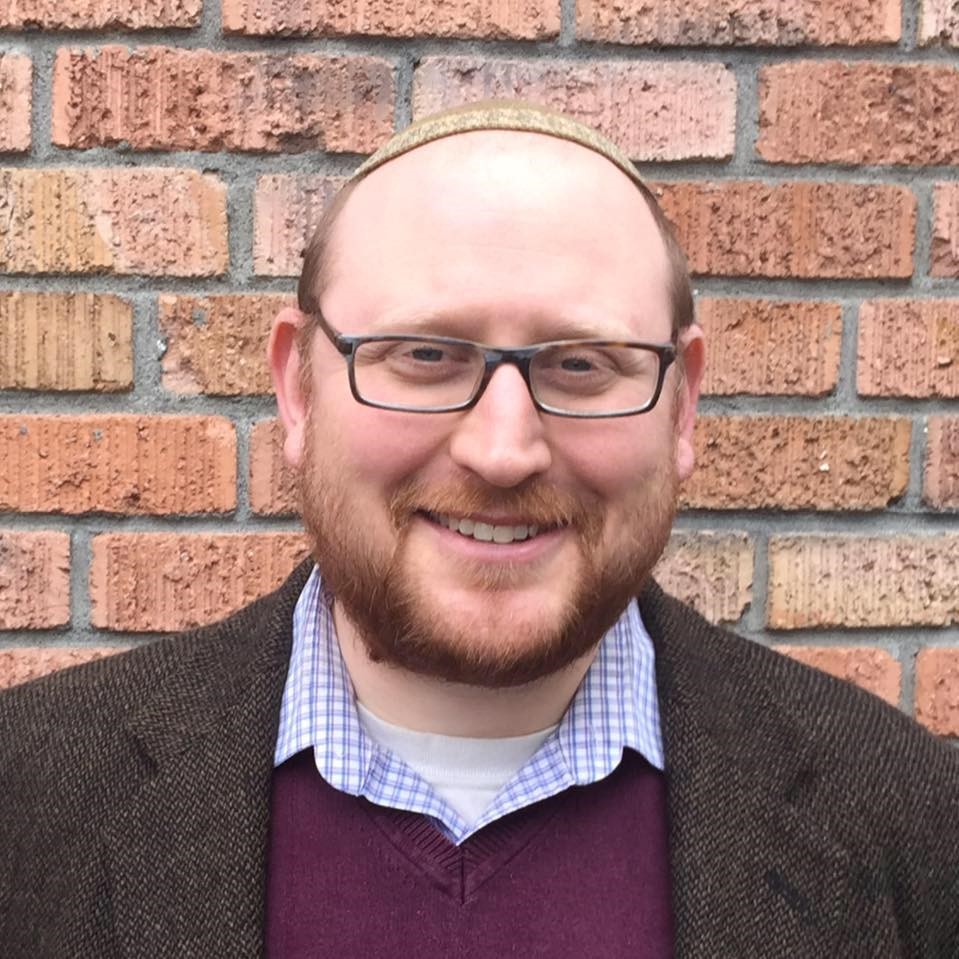“Will you sweep away the innocent along with the guilty?” (Genesis 18:23)
I find these some of the most heartfelt, searing and enduring words in the Torah.
These words are found in the story of the impending destruction of Sodom and Gomorrah in Genesis 18. God has decided that the wickedness of these cities warrants their destruction. But God feels that because there now exists a formal bond — a covenant — with Abraham, God cannot withhold this information, and must tell Abraham of the plan in the spirit of honesty and open communication that is the foundation of any healthy relationship.
In response to hearing this news, Abraham, standing one-on-one with God, draws a step closer and says these words: “Will you destroy the innocent along with the guilty?”
Abraham famously then begins to negotiate with God and implores God not to destroy the cities if 50 innocent people can be found within them. The back-and-forth continues (Abraham also charges God: “Should not the Judge-of-All-the-World act justly?”) until God has agreed that should Abraham find 10 innocent people living in the cities, then they will not be destroyed.
The text is silent about how Abraham goes about this undertaking. What we do know is, according to the Torah, the cities were destroyed, so we can assume that Abraham failed to accomplish his goal.
However, what is interesting is that by not focusing on Abraham pursuing this task and by treating the fact of the destruction as almost an afterthought, a sidenote, the text seems to want to put the emphasis on the dialogue with God and the arguments made. The text wants us to pay attention to Abraham’s words and intentions. And by doing so, we can understand that if these are the arguments that Abraham makes with God, then these are the arguments that we must make with God. We, like Abraham, must be concerned with justice and with the innocent.
We lose our humanity when we are unable to generate empathy for those who are not us.
So many of us have been in so much pain over the events since Oct. 7. Since the initial murderous Hamas attack that also resulted in the capture of hostages — and now with the Israeli response creating a staggering death toll in Gaza, including thousands of children — the violence and humanitarian crisis has been horrific and heartbreaking.
There are both no words and many words to describe how we are feeling. We have been stunned into silence because of anger, fear and sadness. And we have made pleas, argued vociferously, shared articles and analysis.
Recently I find myself in the “stunned silence” camp. It is hard to find the right words, especially since we put so much meaning (and manipulation) into phrases and use words against each other. What I can articulate is what I want, right now, for Israel and Palestine and us:
I, like Abraham, want to argue with God.
I want the hostages to be returned.
I want the fighting to cease.
I want corrupt governments to be replaced.
I want occupation to end.
I want people to be uplifted.
I want the healing of past trauma.
I want the end of all hatred, especially antisemitism and Islamophobia.
I want survival.
I want a future that is free, secure, peaceful, prosperous and hopeful.
I want a heart big enough to hold the many and not privilege the few.
I want the Judge-of-All-the-World to do justly.
I want the innocent not to be swept away.
And I want us to remember one of the most basic tenets of Judaism and perhaps all spiritual traditions: that we must be concerned with and support the most vulnerable among us. That we align ourselves with people who are hurting and in need. Whether those people are in Israel, in Gaza or here in Olympia, we must seek to — as the prayerbook says — “raise up those who are low.”
It is natural and necessary for us, like Abraham, to be primarily concerned with our own family, our own people, those with whom we share a common history. It is also important for us, like Abraham, to be concerned with others — those with whom we share a common future.
I also want us not to lose our humanity. Sometimes, our pain and grief are so great about events far from us that we fail to treat well those who are near to us. We judge, we disrespect, we reject. In the face of these events in the Middle East where people’s lives are being devalued, we must not continue that cycle in our own community. We lose our humanity when we are unable to see the humanity in others. We lose our humanity when we, through word or deed, treat others as not worthy of love and respect. We lose our humanity when we are unable to generate empathy for those who are not us.
So let us, like Abraham, take care of each other.
Let us, like Abraham, think about the most vulnerable.
And let us, like Abraham, lift up our voices to God.
This is a drash that was shared with Temple Beth Hatfiloh in Olympia, Wash., in November, for Parashat Vayera.








One Response
Absolutely Beautiful True Because We need to be as good to be able to intercede for People who don’t know God to be repented and also God who is Able to change humans heart to change there hearts just like when Moses intercede which make God change His Heart in destroying because there’s righteous among them as of that time but during the sodom there’s none so it’s time people
Return to there makers because if 10 could found it could have save a nation